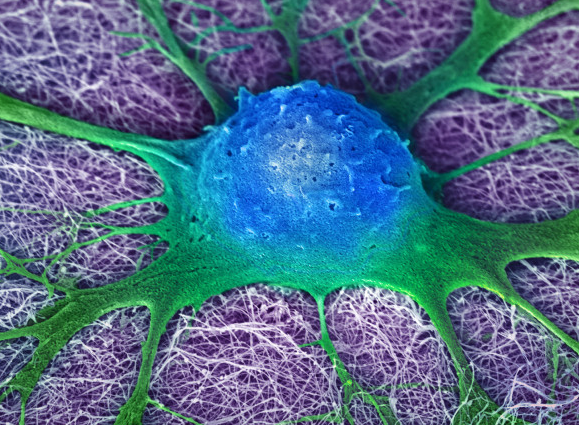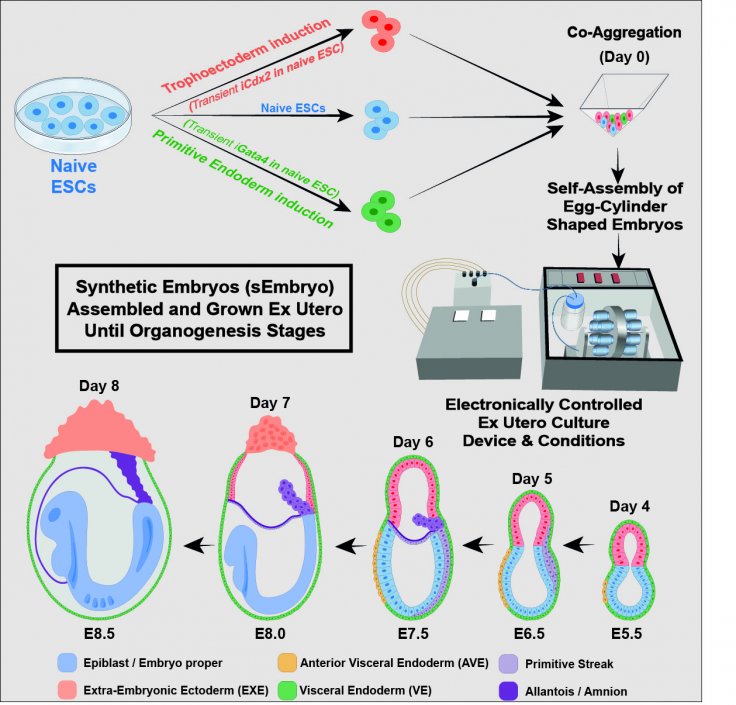For the first time, a synthetic embryo has been developed without an egg, sperm or womb. The key development endorses the possibility of growing organs and tissues in the near future.
The synthetic embryo has been developed at the Weizmann Institute of Science in Israel. Researchers grew embryo models of mice outside the womb. They began the development of embryo by starting solely with stem cells cultured in a Petri dish.

Embryos Created Without Fertilized Eggs
Known as synthetic embryos because they are created without fertilized eggs, the living structures are expected, in the near term, to drive a deeper understanding of how organs and tissues form during the development of natural embryos, according to The Guardian.

New Sources Of Cells And Tissues For Human Transplantation
However, researchers eye the possibilities of new sources of cells and tissues which can help human transplantation.
The study published in the journal Cell paves the way to examine how stem cells form different organs in the developing embryo.
Weizmann's molecular genetics department senior scientist Jacob Hanna, who led the research team, stated that the embryo is the best organ-making machine and the best 3D bio-printer — we tried to emulate what it does.
He underlined that until now, in most studies, the specialized cells were often either hard to produce or aberrant, and they tended to form a mishmash instead of well-structured tissue suitable for transplantation.
Hanna stated that the team managed to overcome these hurdles by unleashing the self-organization potential encoded in the stem cells.
Dr Hanna's team built on two previous advances in his lab. One was an efficient method for reprogramming stem cells back to a naive state — that is, to their earliest stage — when they have the greatest potential to specialize into different cell types, according to ABC News.
Another was the electronically controlled device the team had developed over seven years of trial.
Read more









